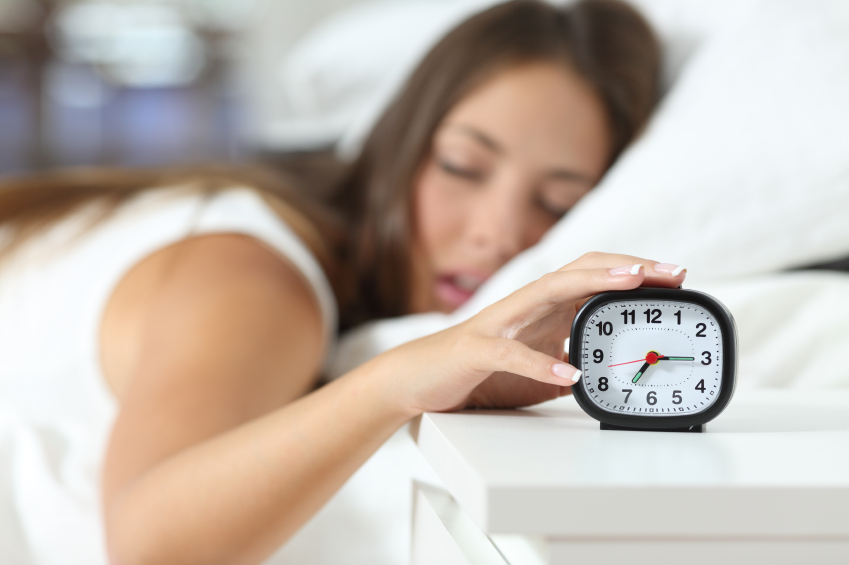Getting the right amount of sleep: A lesson we can learn from Goldilocks
November 2, 2017
I bet most people, especially teenagers, can relate to the daily struggle of trying to get enough sleep at night. With the stress of school, activities and daily life, it can be hard to make sleep a priority. However, what effects do too much or too little sleep pose to your long term health?
When it comes to sleep, the key is getting it just right. Too little sleep can pose serious health risks in the long run. The recommended amount of sleep for the average adolescent is 7-8 hours according to Nationwide Children’s Hospital. Making sure that you fit sleep into your routine is of course important to your daily health, but also to your health in the future. Over time, getting too little sleep can put your body at risk for heart disease, stroke, diabetes and depression, according to the Journal of the American Geriatrics Society. Not getting enough sleep can lead to trouble focusing in class, which in eventually can only cause add more stress onto your plate. Making sure that you are recharging your body at night is just as important as charging your phone battery.
While too little sleep can pose serious health risks in the long run, too much sleep can also leave long lasting effects on your body. Now, I know what you are probably thinking right now, ¨Wow, I know that not getting enough sleep can be bad, but is it really possible to get too much sleep?¨ Well, the answer to that question is yes. Your risk for health problems doesn’t increase much when you spend your entire Saturday catching z’s, but rather when you consistently get more than nine hours of sleep each night. According to the National Sleep Foundation,
oversleeping increases your risk for health problems such as diabetes, obesity, back pain, headaches and heart disease. It is always a great idea to get a nice, refreshing night of sleep, but when your oversleep, it can lead to feelings of drowsiness and a risk of developing depression.
Although getting the right amount of sleep can be hard, there are ways to make it easier. According to Harvard University, some scientifically proven tips for staying and falling asleep include going to sleep at a regular time, limiting caffeine, exercising regularly and avoiding the use of technology before going to bed. Good night, sleep tight and don’t let the bugs bite!









